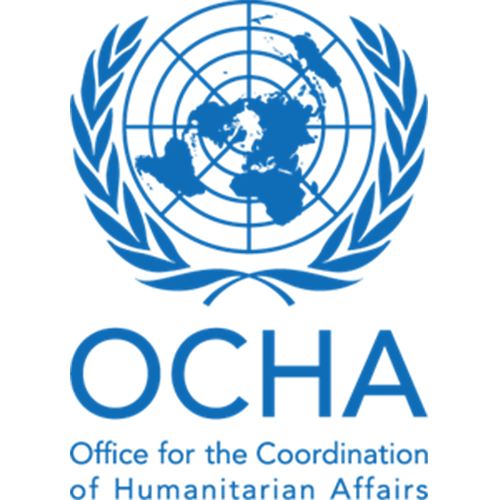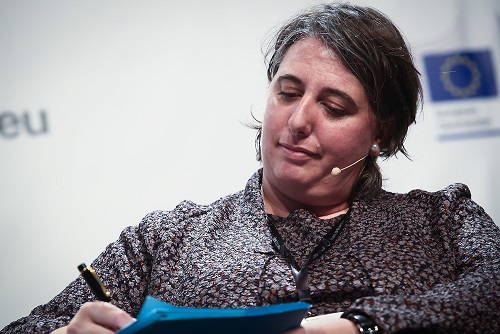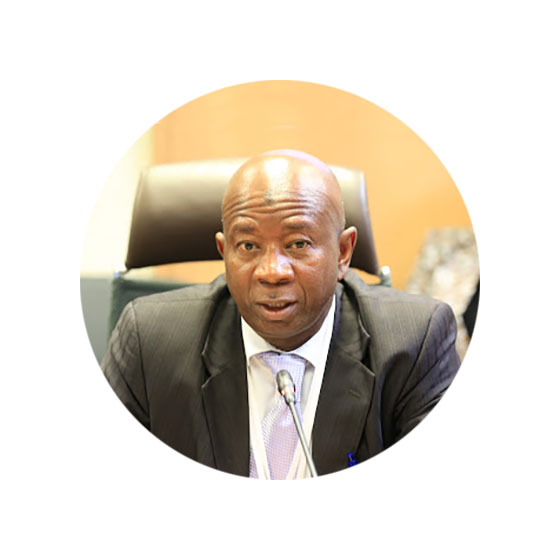The fund will initially give priority to countries in the Sahel, to help meet rising humanitarian needs across the region
Following the approval of the first ever Regionally hosted Pooled Fund to boost humanitarian operations in West and Central Africa, United Nations Office for the Coordination of Humanitarian Affairs (OCHA) has launched the Niger envelope starting with the release of US$15 million.
The fund will initially give priority to countries in the Sahel, to help meet rising humanitarian needs across the region. In 2021, a record 29 million people in six countries – Burkina Faso, northern Cameroon, Chad, Mali, Niger, and north-east Nigeria – are in need of humanitarian assistance.
The Regionally hosted Pooled Fund will support the humanitarian response in countries by prioritizing urgent needs whilst promoting regional coordination and synergies to face the interrelated challenges of the Sahel. The fund expands the types of funding available, to help ensure that humanitarian partners can effectively deliver assistance in the most underserved location, access the most difficult to reach vulnerable populations, and respond to new and emerging crises. “The Regionally-hosted Pooled Fund represents an opportunity to strengthen coordination and coherence of humanitarian action in one of the most interconnected regions in the world. The analysis of regional trends and priorities will feed into each country advisory board discussions, and lessons learned and best practices will be shared among the countries receiving funding envelopes. Cross border initiatives will be supported, where and when relevant,” said Julie Belanger, Head of the OCHA Regional Office for West and Central Africa.
A first envelope of $15 million will be released for Niger. The country is facing a complex humanitarian emergency where continuous violence and insecurity, has been compounded by endemic poverty, demographic pressure, and climate shocks. Armed conflict in neighboring Burkina Faso, Mali and Nigeria continue to aggravate instability and displacement in border areas and spillover effects are strongly felt in Niger’s cross-border regions.
As of 19 July 2021, the Humanitarian Response Plan for Niger is only 14 per cent covered, with only $75 million received out of $523 million total requirements, currently being the most underfunded in the region. This mirrors the general increasing financing gap in the Sahel where funding levels struggle to match increasing needs. In 2020, response plans in the region were funded at an average 53 per cent, and halfway into 2021 only 21 per cent of the required funding has been received.










